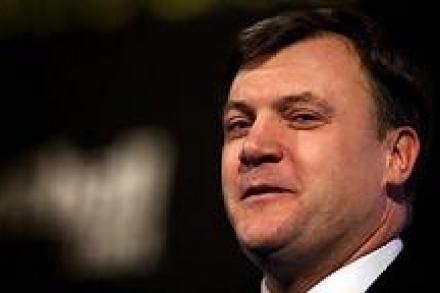Cameron takes a brave line on family policy
David Cameron’s speech today at the launch of Demos’s Character Inquiry was both brave and significant. His message was that it is parenting, not material wealth, that plays the most important role in determining a child’s prospects in life. As Cameron put it, ‘What matters most to a child’s life chances is not the wealth of their upbringing but the warmth of their parenting.’ This message is easily caricatured — ‘Millionaire Cameron says poverty doesn’t matter’ — but it is important and, as recent academic research shows, true. (This is not to say, that poverty doesn’t matter, it clearly does, but that material poverty is not the sole determinant). Cameron’s





